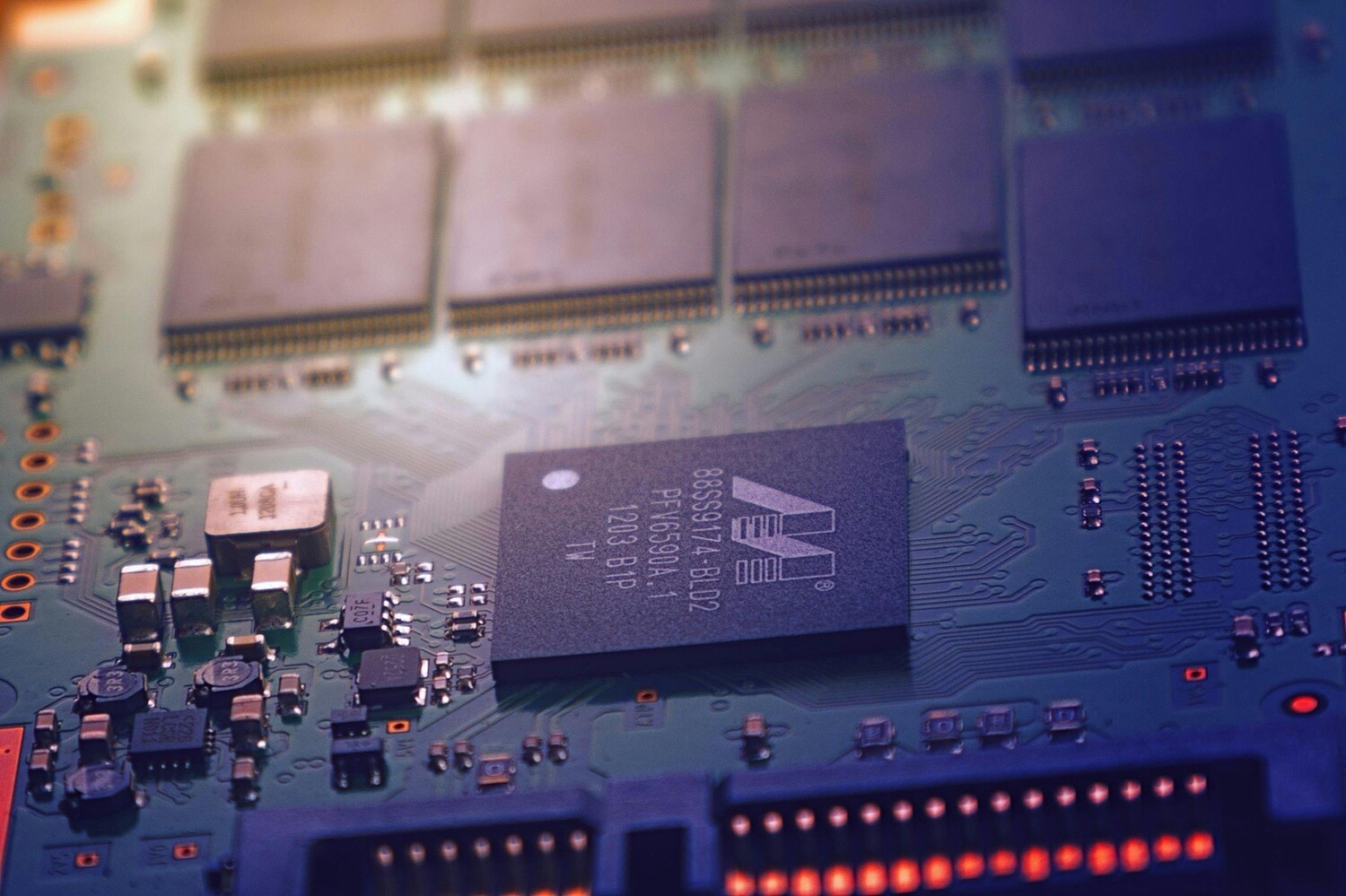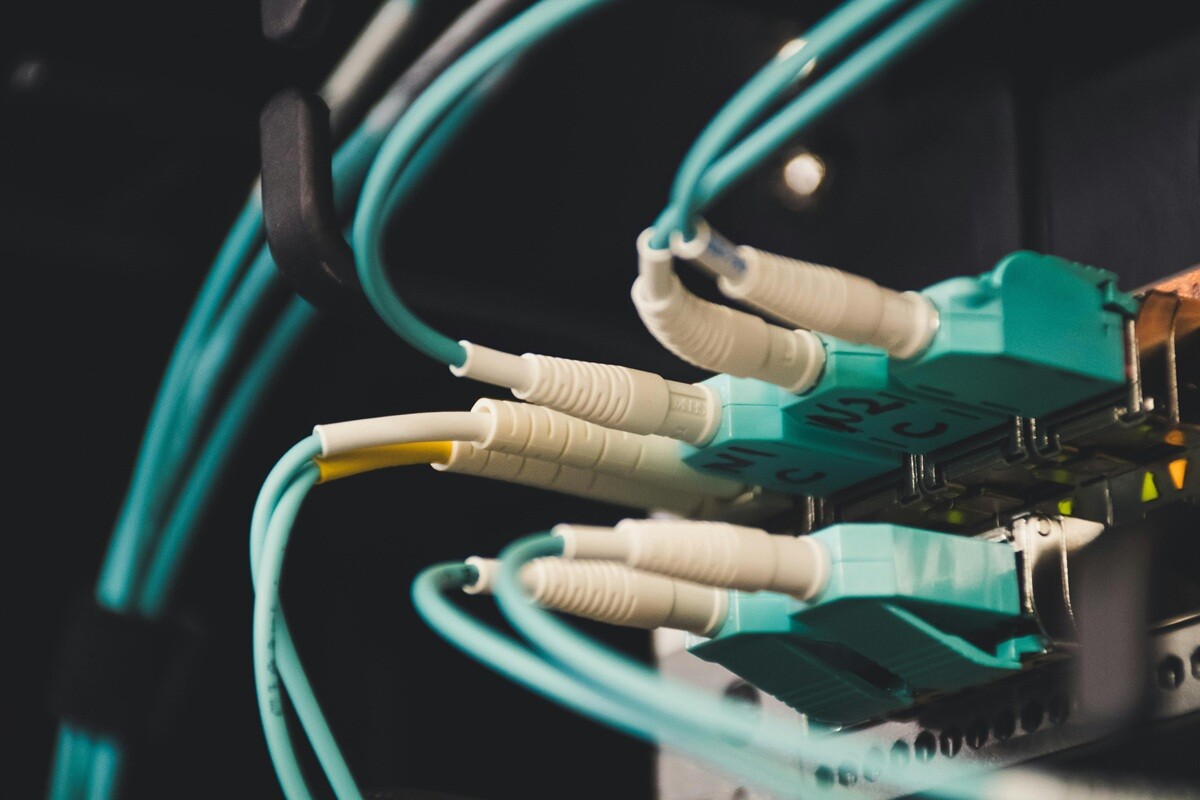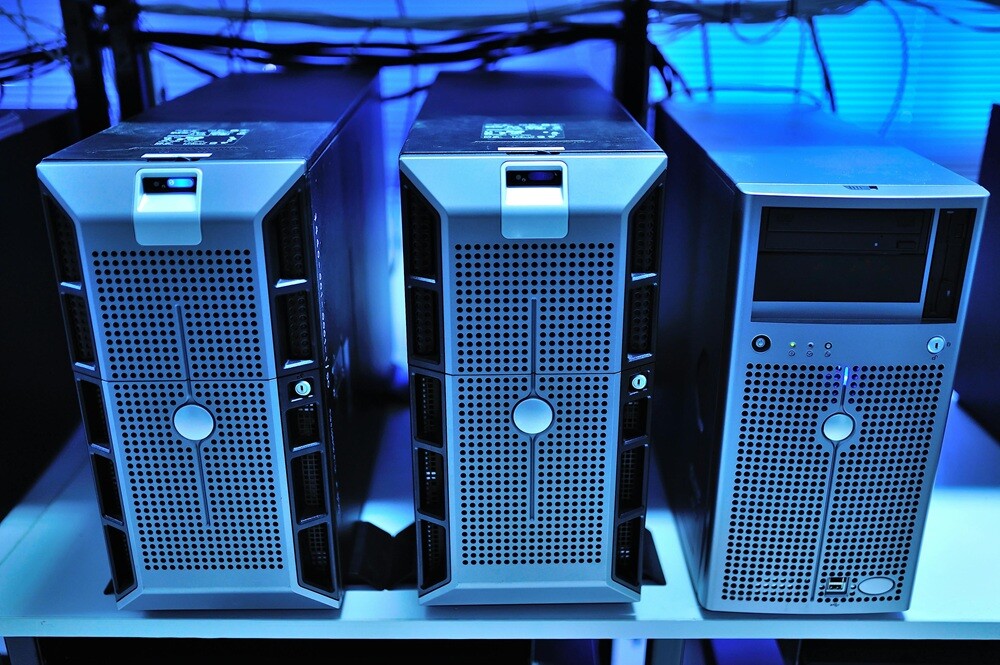BLOG
AirTrunk establishes recycled water supply initiative in Malaysia
AirTrunk has partnered with Johor Special Water (JSW), a wholly owned water utility of the Johor State Government, to establish a recycled water supply initiative for its hyperscale data center campuses, JHB1 and JHB2, in Malaysia.
According to the partners, the scheme is the largest of its kind to date in Malaysia. It will see recycled water produced locally from unused wastewater to meet the operational needs of AirTrunk’s data centers in Johor, conserving vital water resources for local communities.
The recycled water initiative will integrate with the company’s liquid cooling system implemented at its JHB1 data center, which was installed in 2024. The company claims that the approach not only enhances operational efficiency but also contributes to the responsible management of Johor’s water resources.
In addition to JSW, AirTrunk has also collaborated with several other local companies to deliver the project.
Using reclaimed wastewater to cool data centers has grown in popularity over recent years. Generally, data centers draw water from potable (drinkable) sources. However, due to the need for chemical treatments to prevent bacteria and limescale build-up the water subsequently becomes unsuitable for humans to drink once it leaves the facility.

Metrobloks acquires site in Miami for 15MW data center
Metrobloks has acquired land in Miami, Florida, for its first US data center. The company this week announced it has completed the acquisition of a 4.05-acre land parcel located at 500 NW 137th Avenue to develop a 15.2MW multi-tenant data center.
The facility will offer both liquid and air cooling, supporting rack densities up to 150kW.
Metrobloks is a data center developer and operator focused on AI-ready facilities at the metro Edge. The company raised a $5.2 million seed round led by Current Equity Partners and Serena Capital last year.
On its website, Metrobloks lists a 15MW, 110,000 sq ft (10,220 sqm) facility in Miami, Florida, as well as another facility in Philadelphia, Pennsylvania. It also lists a 34.2MW, 196,980 sq ft (18,300 sqm) data center in Milan, Italy.
Metrobloks is a data center developer and operator focused on AI-ready facilities at the metro Edge. The company raised a $5.2 million seed round led by Current Equity Partners and Serena Capital last year.
On its website, Metrobloks lists a 15MW, 110,000 sq ft (10,220 sqm) facility in Miami, Florida, as well as another facility in Philadelphia, Pennsylvania. It also lists a 34.2MW, 196,980 sq ft (18,300 sqm) data center in Milan, Italy.
Ealier this year the company announced a €100 million ($108m) partnership with European investment fund Eurazeo to develop data centers across Europe.

Northern Data and Gcore partner for Intelligence Delivery Network for AI workloads
AI and HPC company Northern Data is teaming up with Gcore on a Intelligence Delivery Network (IDN) offering. The IDN will comprise Gcore's 180 points of presence, more than 200 Tbps of network capacity, 14,000 peering partners, and is designed for low-latency Edge AI workloads.
The IDN will combine Northern Data's infrastructure with Gcore's Everywhere inference software and networking architecture and is hoped to offer customers with on-demand and simple-to-deploy architecture for AI workloads.
Andre Reitenbach, CEO of Gcore, added: “Partnering with Northern Data will provide Gcore and our enterprise customers access to one of the largest liquid-cooled GPU clusters and significant data center capacity worldwide. This collaboration supports Gcore’s mission to connect the world to AI anywhere and anytime with low latency, leveraging cutting-edge infrastructure to power the next generation of AI-driven applications.”
In the summer of 2023, Northern Data Group split its business into three brands: Taiga Cloud, Ardent Data Centers, and Peak Mining. In October 2024 the company said it was looking to divest Peak Mining and focus on AI and HPC.

What do Donald Trump's 'liberation day' tariffs mean for data centers?
The new sanctions, announced by Trump at a press conference on Wednesday, April 2, and due to come into force this weekend, will see a baseline tariff of 10 percent placed on imported goods coming into the US. While some countries, such as the UK, will only be hit with the basic level of tax, others - described by Trump as “the worst offenders” - are facing much higher tariffs.
Chip industry gets a reprieve. For now
Trump has imposed harsh tariffs on several countries in the Far East which could have a significant impact on the semiconductor industry and the AI data center build-out in the US.
Taiwan, home of TSMC, the company that manufactures Nvidia’s GPUs and most of the other advanced chips used in servers, is facing tariffs of 32 percent, though the White House said semiconductors will be exempt from this - presumably because the US president has said dedicated tariffs for the chip industry, of 25 percent or higher, will be coming at a later date, though he has yet to provide details of how these will work.
Data center materials constraints?
A more pressing concern for data center developers could be the availability of building materials such as steel and aluminum, both of which are vital to new projects.
Tariffs complicate AI hardware supply chains
The prevailing rumor in Washington had been of a 20 percent tariff base rate, says Emily Benson, a former senior advisor at the US Department of Commerce who is now head of strategy at Minerva Technology Policy Advisors. But she says that though the reality is lower than expected, the differing tariff rates for countries had “blown a lot of assumptions out of the water," and that the cumulative impact of new and existing levies is likely to extend beyond 20 percent for most nations.

TSMC and Intel discuss preliminary agreement regarding proposed foundry JV
TSMC and Intel have discussed a preliminary agreement regarding a proposed joint venture (JV) that would see the Taiwanese chip maker operate Intel’s chip fabs.
According to a report from The Information, under the terms of the JV, Intel and other US semiconductor companies would hold the majority of shares in the company, with TSMC taking a 20 percent stake in exchange for sharing its chipmaking and training methods with Intel.
Reuters reported in March that TSMC had sought to engage Nvidia, AMD, Qualcomm, and Broadcom in talks about a potential joint venture to operate Intel’s foundry division, noting that TSMC was seeking a partner in order to ensure it doesn’t own more than 50 percent of Intel’s foundry operations.
Following those claims, Digitimes Asia reported that TSMC board member Paul Liu publicly denied claims that the chipmaker was considering acquiring Intel’s foundry business. That same month, TSMC board member and Taiwanese government Minister Chin-Ching Liu told lawmakers there had been no investment or cooperation talks between TSMC and Intel.
Intel looking to “turn a new page”
Intel decoupled its Foundry Services business from the company last year, with then-CEO Gelsinger telling staff in a September 2024 memo that Intel Foundry would now operate as “an independent subsidiary inside of Intel” in order to provide “external foundry customers and suppliers with clearer separation and independence from the rest of Intel.”

Microsoft steps back from data center developments globally
Details about Microsoft's reported pulling back on global data center projects have emerged.
As reported by Bloomberg, which cites "people familiar with the situation," the cloud giant has halted or delayed talks for data center projects in Indonesia, the UK, and Australia, as well as Illinois, North Dakota, and Wisconsin in the US.
Reports that Microsoft has been slowing its data center deployment strategy have been rife in recent weeks.
In the UK, Microsoft reportedly withdrew from negotiations to lease space between London and Cambridge at a data center Bloomberg said was "marketed for its ability to host advanced Nvidia chips." The company was also reportedly negotiating with Ada Infrastructure to lease space at its 210MW data center in the London Docklands, but failed to commit to the project. Similar negotiations were canceled for a data center near Chicago in the US.
The concern of oversupply was also voiced last month by Alibaba's Joe Tsai, who particularly pointed to US hyperscalers with massive capex planned for AI data centers.

Sharp closes sale of LCD factory in Osaka to KDDI for AI data center
Electronics company Sharp has sold part of a former LCD screen manufacturing plant in Osaka, Japan to telco KDDI for an AI data center.
The companies this week announced that KDDI has taken over part of the Sakai Display Product Corp. (SDP) site, located in the Sakai area of Osaka.
Details are scarce, but the site is set to host ‘at least 1,000 servers,” including a large number of GPUs. It will utilize both air and liquid cooling.
“The Osaka Sakai Data Center will be equipped with the latest GPU infrastructure, including the NvidiaGB200 NVL72, and will be capable of developing large-scale generative AI models with trillions of parameters at high speed, with the aim of starting operations in fiscal 2025,” KDDI said this week.
Construction began on the plant in November 2007. The 1.27 million sqm (13.6 million sq ft) site was launched in 2009 by Sharp, but its SDP unit and the wider company have been facing losses amid increased price competition for LCD panels.
SoftBank has also acquired part of the site for its own data center development. Set on 440,000 sqm (4.7 million sq ft), SoftBank aims to construct a 750,000 sqm (8 million sq ft) data center, with the potential to expand to 400MW in the future.

Leave A Reply
LOGO
This stunning beach house property is a true oasis, nestled in a serene coastal community with direct access to the beach.
Opening Hours
Monday - Friday : 9AM to 5PM
Sunday: Closed
Closed during holidays
Contact
+18888888888
hezuo@eyingbao.com123 West Street, Melbourne Victoria 3000 Australia



